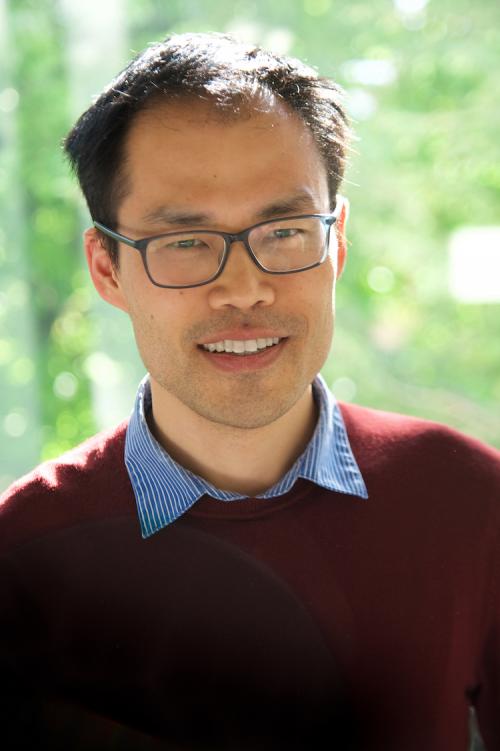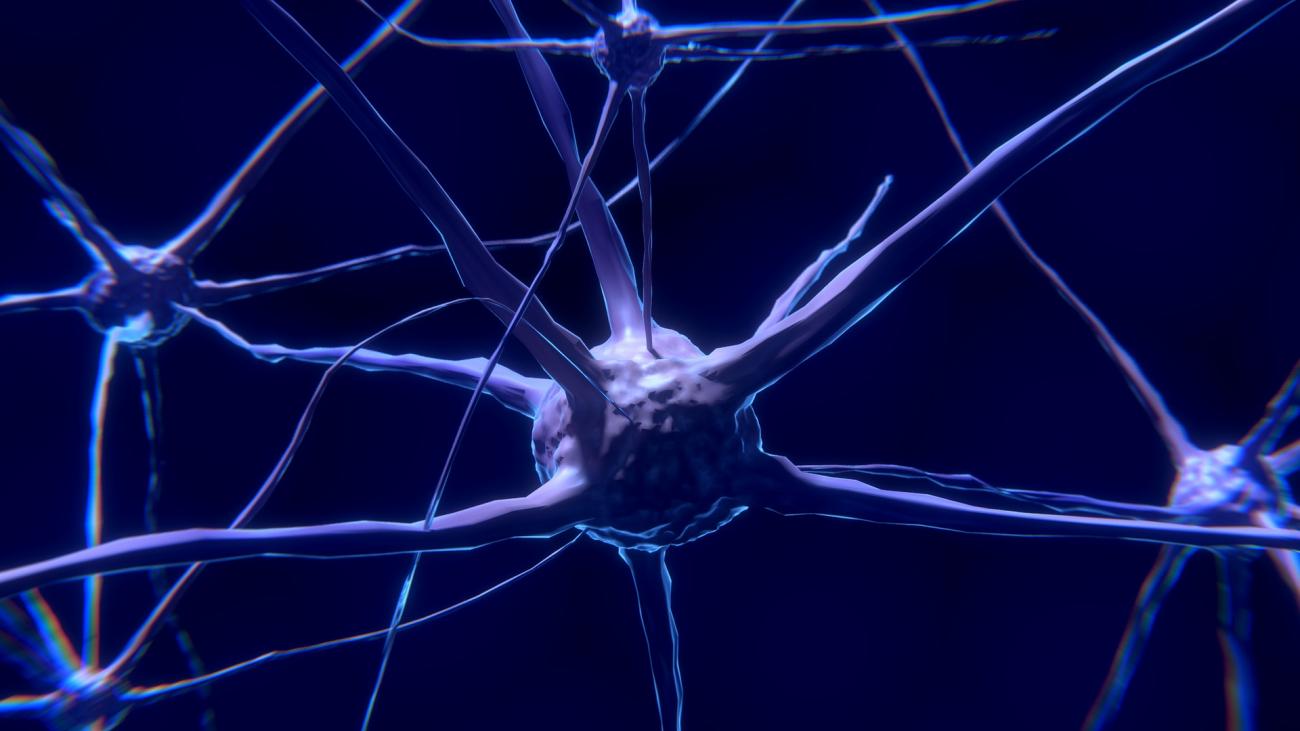Growing up in science: Wei Ji Ma's unofficial story
Growing up in Science is a worldwide set of conversations about the lived experiences of scientists. In 2014, it was started by Wei Ji Ma as a monthly mentorship series at New York University. In a typical event, one faculty member shares their life story, with a focus on struggles, failures, doubts, detours, and weaknesses. Common topics include dealing with expectations, impostor complex, procrastination, the role of luck, dealing with rejection, and conflicts with advisors, but these topics are always embedded in the speaker's broader narrative. We also feature speakers who have left academia. In the global online series, we pay particular attention to underrepresented voices in academia. We also hold panel discussions around themes such as mentorship, anti-racism, and work-life balance. More information: www.growingupinscience.org
Wei Ji’s official story
Weiji received his Ph.D. in Physics from the University of Groningen, the Netherlands. He went on to do postdocs in computational neuroscience with Christof Koch at Caltech and with Alexandre Pouget at the University of Rochester. He became Assistant Professor of Neuroscience at Baylor College of Medicine in 2008 and moved to New York University in 2013, where he is now Professor of Neural Science and Psychology. His research has covered many areas, including visual decision-making, multisensory perception, visual working memory, metacognition, multi-step planning, and mindsets.
Wei Ji’s unofficial story
Weiji is a third-generation Dutch whose single mom vacillated between Chinese tiger parenting and Dutch irreverence. Weiji had a bizarre childhood, graduating from high school at age 14 and from college at 17, along the way picking up media appearances, deficits in social skills, and an inflated self-image. His confidence came crashing down in his PhD, which was initially misguided (bad advisor) and eventually just too hard (string theory). He was leaning heavily on a fellow grad student and his PhD never felt like his own. Weiji was also easily distracted, spending more time being active in organizations and playing online chess than doing research. Making it to faculty seemed like a distant dream. He considered alternative careers, including business consulting, but decided to give science one more chance. Starting as a postdoc offered new opportunities for delusions of grandeur: he thought he would solve consciousness using statistical physics. Back on Earth, Weiji published only one thing (a book chapter) with Christof Koch, and in 2004, Christof had no choice but to kick him out of his lab. Only in his second postdoc, with a more hands-on advisor (Alex Pouget), did he start to get his act together, but this was also a time when, working besides a highly capable fellow postdoc, impostor complex hit hard. Weiji got his faculty job thanks to just enough people seeing promise in the absence of accomplishments. His procrastination is still alive and kicking to this day, but since his students and postdocs now do the actual work, he can get away with it. Weiji can talk endlessly about academia having too few incentives for community-building, outreach, and societal impact.
Dr. Wei Ji Ma is a Professor at New York University.
Dr. William Hodos NACS Seminars are free and open to the public.




